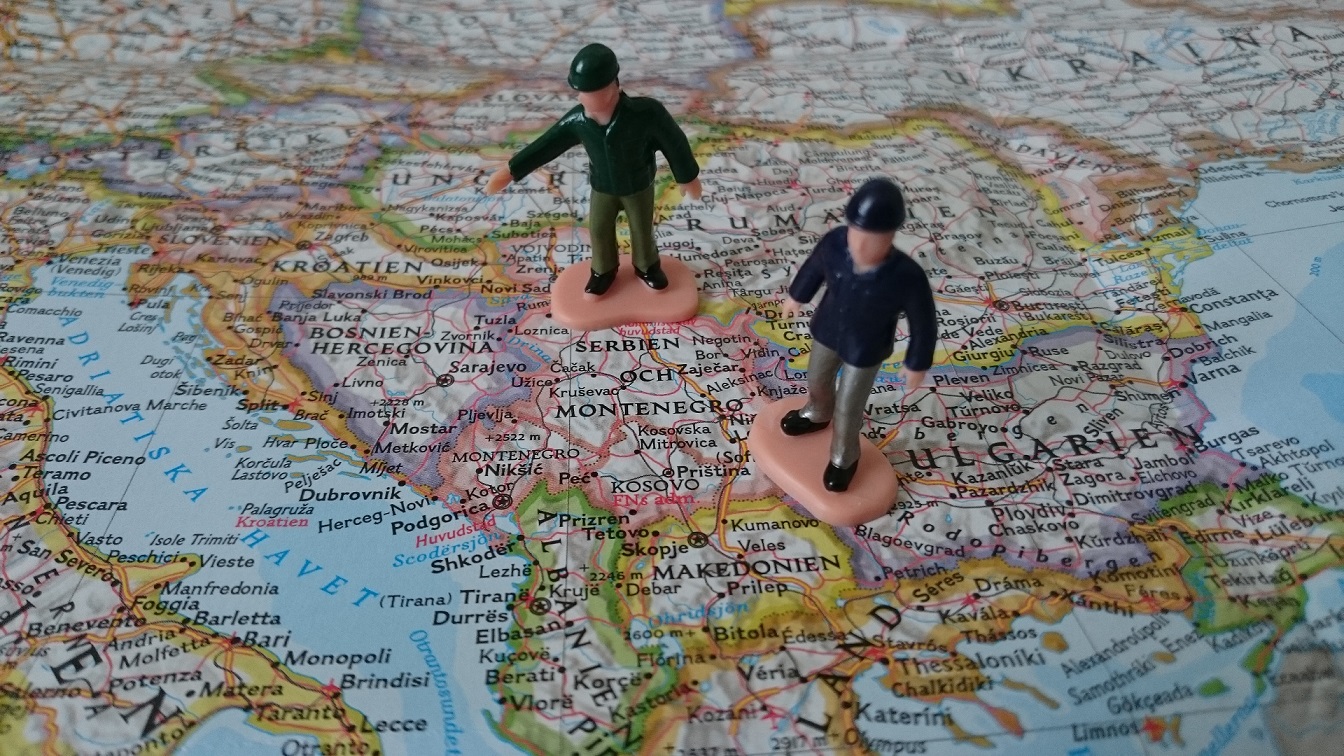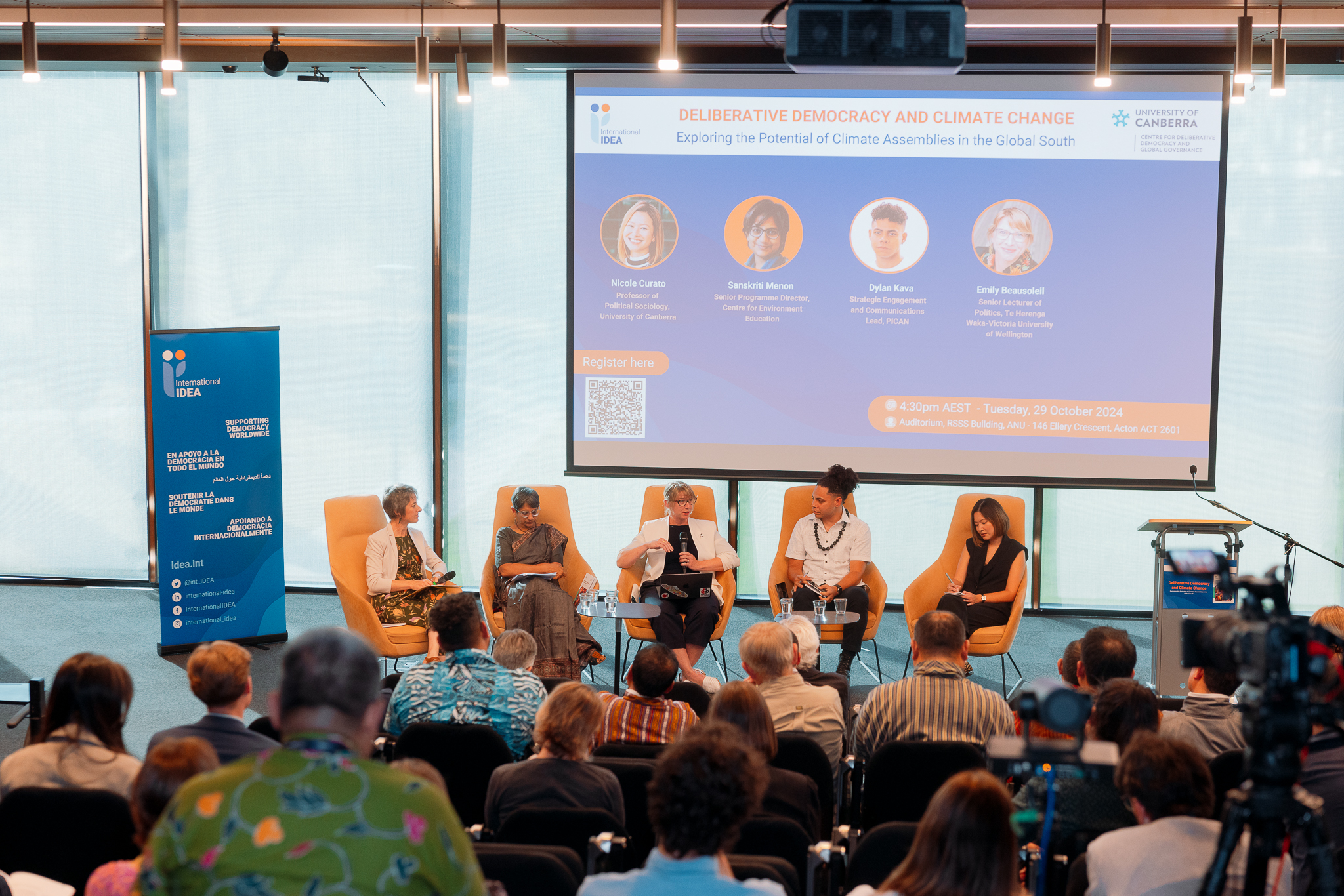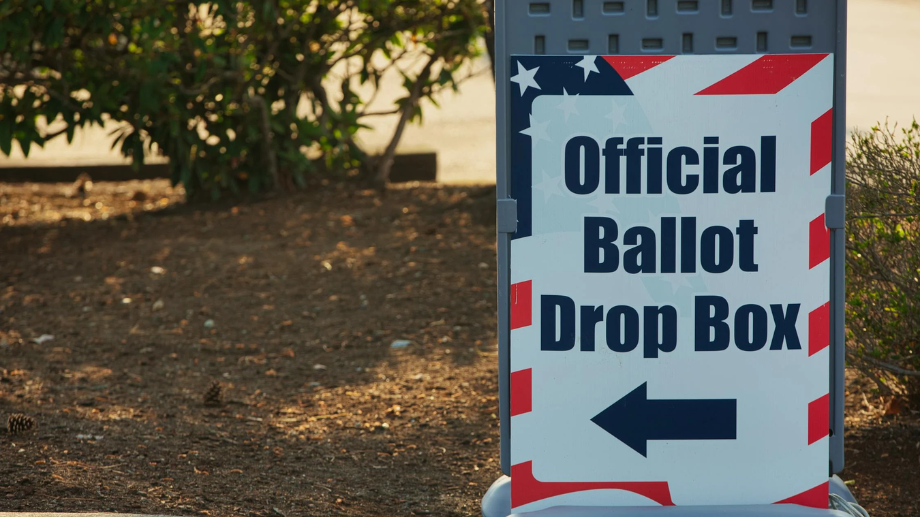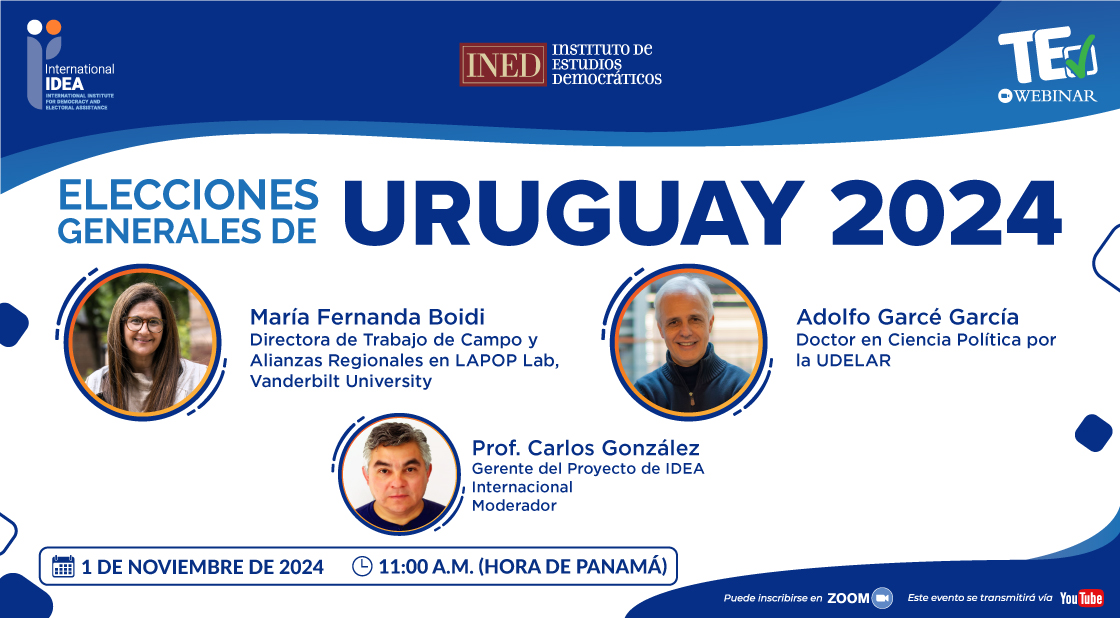Of blessings and curses: what happens when soldiers seek to build post-war democracies?

Disclaimer: Views expressed in this commentary are those of the staff member. This commentary is independent of specific national or political interests. Views expressed do not necessarily represent the institutional position of International IDEA, its Board of Advisers or its Council of Member States.
Politics in Kosovo and North Macedonia is populated with parties emerging from armed groups, while their leaders are in decision-making positions in state institutions. Democratic consolidation in both countries has been a frustrating process undermined by the prevalence of state capture, clientelistic relations, and the encroachment of informal networks in politics, often perpetuated by representatives of those armed groups who are now in state institutions.
In a world where most conflict are waged within the borders of existing states, the role of intra-state armed groups—otherwise known as rebel, guerrilla, liberation movements, or insurgencies—often determines not just the outcome of the conflict but also the viability of post-war peace processes. From Colombia to Northern Ireland, from Aceh to Nepal, from Burundi to South Sudan, there are numerous cases that testify to the role played by combatants not just during conflict but in its aftermath, too.
Usually, such groups follow a similar trajectory of development. The breeding ground that fosters their creation is the marginalization or repression of an ethnic or religious group by state authorities, coupled by demands for equal human rights, autonomy or independence by that group. If those demands are ignored, stifled or suppressed by the state, an armed resistance or insurgency may come to life. The intra-state armed conflict that ensues usually comes to an end after a defeat, a mutually hurting stalemate, if there is intervention from abroad, or if there is mutual interest to reach a peace agreement. In the process, rebel groups tend to become legitimate stakeholders of the agreement and the ensuing implementation of peace accords. In a rather paradoxical change of circumstance, former enemies become indispensable partners for peace and reconciliation, and while substituting bullets for ballots, some combatants create political parties and submit themselves to the will of the vote as politicians.
The leap from soldier to politician: success stories from Kosovo and North Macedonia
The inclusion of former combatants in politics is a common practice for post-conflict, transitory societies. Such inclusion is advisable given the necessity to create durable peace that accommodates the interests of former soldiers and their constituencies, as well as to prevent spoiler effects that could arise should they feel aggrieved at the lack of political representation. Kosovo and North Macedonia are both cases in point: in the aftermath of the 1998/99 war in Kosovo and the 2001 short conflict in North Macedonia, the leaders of both rebel groups made a leap to politics.
Currently in Kosovo, three out of six main political parties were founded and are still led by former army leaders—the Democratic Party of Kosovo, the Alliance for the Future of Kosovo, and the Social Democratic Initiative (known with their Albanian acronyms and references, PDK, AAK, and Nisma respectively). There are almost no senior political or civil service positions that are not directly occupied or influenced by former combatants. Their impact on institution-building is unquestionable and omnipresent. Until the creation of the new government in early-February 2020, all three of these parties were in a government coalition.
In North Macedonia, following its armed conflict in 2001, the party that emerged directly from the rebel group—the Democratic Union for Integration (DUI)—has been a junior partner of every power-sharing coalition government to date, apart from one. The DUI continue to be the largest ethnic Albanian party to this date, regardless of the change of its Macedonian coalition government partners.
Kosovo was a clean slate after the war in 1999. Institutions were created from scratch. Although the international community, headed by the United Nations Interim Administration in Kosovo (UNMIK), oversaw the process of institution-building, the domestic political spectrum was up for grabs. The war-wing parties were quick in filling in the vacuum, thus posing a serious threat to the existing political establishment dominated by the Democratic League of Kosovo (LDK). A similar story played out with DUI after the conflict in North Macedonia. Although the rebel group was not a signatory to the 2001 Ohrid Framework Agreement that brought an end to the conflict between ethnic Albanians and Macedonians, the successor war-wing party reached two simultaneous objectives soon after conflict: through democratically-held elections it managed to completely elbow out of competition the existing Albanian parties, and entered the government. To what do we owe this degree of political success?
One of the main factors for the surging popularity of the war-wing parties is attributed to their war legacy, and the personal, organizational relations that they forged during the war. For a large part of the electorate, the question as to whom to give the vote after conflict was clear: as they saw it, this was a choice between war heroes, liberators, or those party representatives who stood idly by as the liberators were prepared for the ultimate sacrifice during the war. Their decision to vote for former combatants-turned politicians might not have even been based on ideology or party platform, but rather on their legacy.
The question as to whether this is fair, i.e. that leaders or parties should be elected not based on clear party platform but on elusive ideals and principles of the past, is beside the point. What is relevant is that in competitive elections they are voted, and the votes, regardless of the motives behind them, ought to be respected. That is a basic tenet of democracy.
Besides, once the conflict is over, the inclusion of former combatants in public debate, either through political parties or other platforms, may be encouraged because this ensures that post-war institution-building and democratization is represented more widely. It is, therefore, good news for democracy (a nascent or unconsolidated one, as the case might be) when former combatants have successfully traded weapons for the ballot box. This enriches the public discourse and diversifies political opinion and competition.
The follow-up question, though, which points to the crux of this article, is what happens when politicians who come from armed groups enter politics. What is their long-term impact on government quality and, by extension, on democracy?
Clientelism, corruption and capture – how former soldiers corrode democracy’s fabric
The political transformation of former combatants is therefore a good indicator that the society is moving away from conflict and is embracing peace and reconciliation. Where things begin to falter, however, is when the rules of democracy begin to be manipulated as a means to grab power and enrich oneself. There are numerous instances of clientelism and corruption noted throughout the Western Balkans, and they are all warning signs of the stagnation of democratic consolidation. However, what is unique about the war-wing parties is that they have mastered the art of clientelism, having created de facto fiefdoms out of their electoral bases. They have done so precisely by tapping on those personal informal relations from the times of war, which have in turn helped them create illicit networks in all strata of society. Some of those people are in all levels of institutions and they represent important cogs in their mechanism of corruption and self-enrichment.
Political parties, both in Kosovo and North Macedonia, have proven skillful in building a deep and wide informal network of contacts, comprised of war-time veterans and their associations, their families and friends. Such networks have in turn made sure to take care of one another using the main commodity at their disposal: the state and its resources. This was the logic and pattern that dictated the distribution of government jobs and services, that encouraged the collusion of politics with the business, or that fueled the politicization of the state’s administration and civil service.
But above all else, one of the predominant themes that war-wing parties have been accused of is the mutation of the voter-politician relationship which, in theory, should be sanctimonious. I am referring to the patronal and clientelistic nature of this relationship which, by its very definition, plunges the voter (read: client) and the politician (read: patron) into a vicious cycle of mutual dependency that is very hard to break. Coupled with clientelism, and even immersed within it, is the corroding phenomenon of corruption. Political corruption, economic corruption, bribery, sabotage, financial extortion, nepotism, they all fall under this category.
The clientelistic relationship translates into state capture. The client-patron rapport feeds off and is maintained by an informal power network of intra-party and party-constituency relations. These relations constantly undermine and silently erode the formal and official mechanisms of government at all levels. They slow down and corrupt the process of decision-making. As a consequence, the cogs of governance calcify, rendering governance more corrupt, costlier, less transparent, less accountable, less representative and less efficient.
This takes us back to the long-term impact on democracy stemming from the political transformation of former combatants. While their inclusion certainly enriches post-conflict public discourse, this new political class tends to undermine long-term democratic consolidation through the maintenance of its informal networks and illicit activities. By an unintended twist of circumstances, while their inclusion in politics helps avoid peace spoilers after the war, their long-term domination of the political scene may easily create democracy spoilers out of them.



